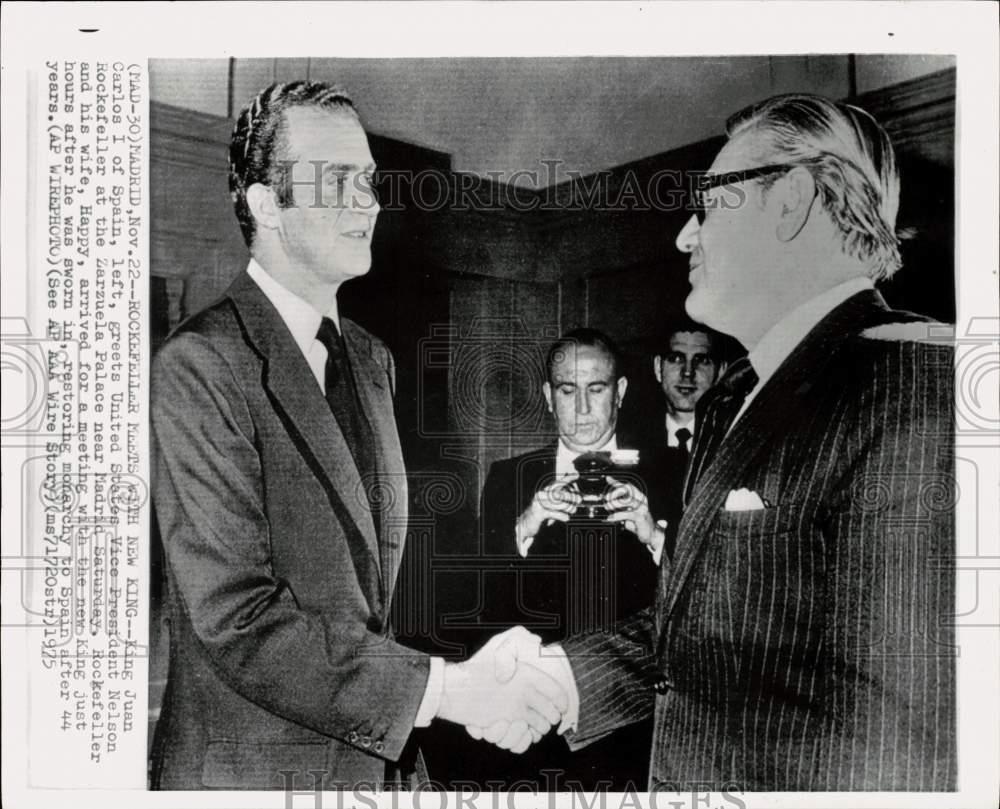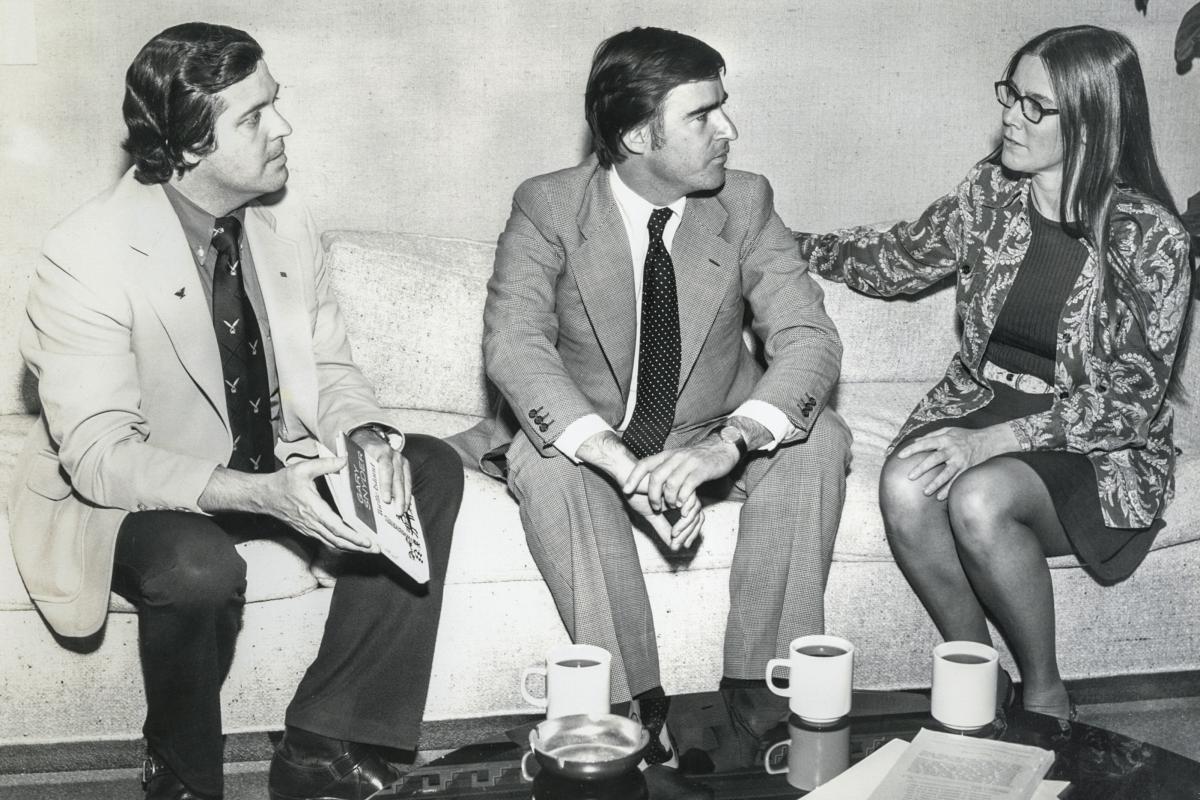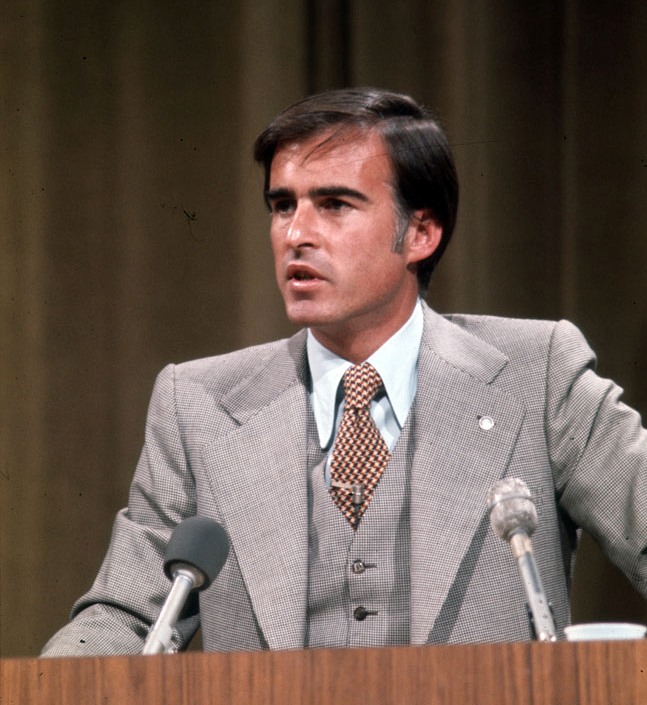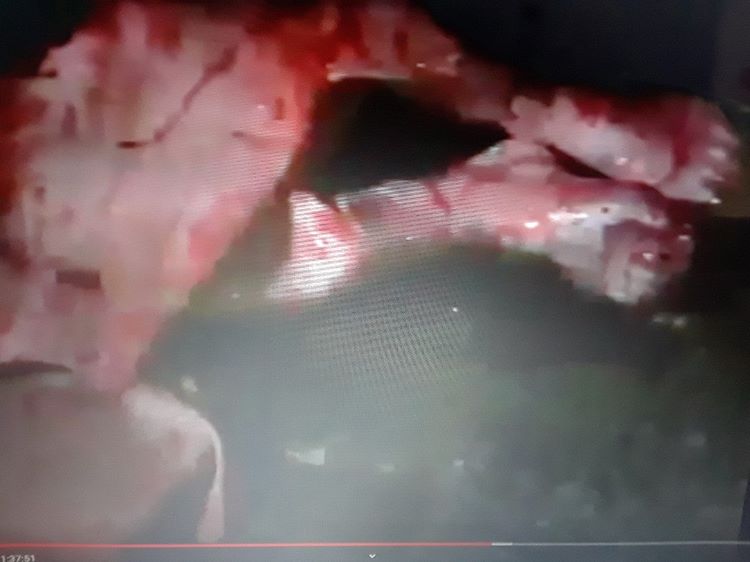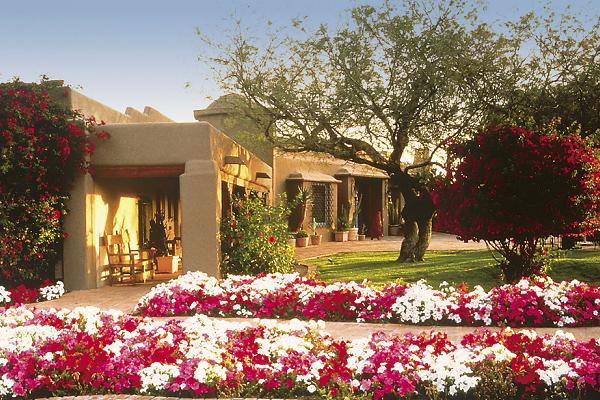February 4th, 1977: President Brown delivers fireside chat address.
Two weeks after coming to the Presidency, President Jerry Brown made his first televised address to the American people since his inauguration as the 40th President of the United States on January 20th. Wearing a sweater with the Presidential emblem & seated in the White House library, he discussed his campaign promises & reaffirmed his intention of carrying them out.
February 5th, 1977: White House spokesperson confirmed President Brown issues pardons of draft dodgers
Fulfilling one of his campaign pledges, President Brown issued a pardon to the approximately ten thousand young men who evaded the draff during the Vietnam War. Later in the year, he made it possible for the 433,000 veterans who had been given less than honorable discharges to have their cases reviewed & almost all of them took advantage of the opportunity.
Critics such as United States Senator Barry Goldwater (R-AZ) referring to Brown's pardoning of the draft evaders as "cowardly pandering stupidity".
February 6th, 1977: Emergency legislation signed by President Brown
President Brown signed emergency legislation, which requested Congress to easing out the natural gas shortages in the Northeastern States, where the worst winter of the 20th Century had brought about gas shortages that closed many factories & schools.
February 7th, 1977: Stennis, Eastland voice opposition to Young's nomination as UN Ambassador
The opposition to the nomination of US Rep. Andrew Young (D-GA) as UN Ambassador continues; this time coming from Southern conservative Democratic United States Senators John Stennis (D-MS) & James Eastland (D-MS) who expressed their staunch opposition to the nomination. Eastland used derogatory comments in why he opposed Congressman Young's nomination: "That boy is unqualified and he's just too inexperienced and too uppity to represent this country as Ambassador to the United Nations." Stennis agreed with the sentiment by smiling during the press conference. Asked if there will be more Senators coming out to announce their opposition: Stennis replied "I strongly believe so. These allegations into Congressman Young's past are very troubling and disturbing. We also have credible FBI files which we will expose to the public to show the American people that this so-called nominee doesn't have the leadership abilities, capabilities, discipline or grasp of how foreign policy works."
February 8th, 1977
BREAKING NEWS: Explosive bombshells engulfing OMB nominee Bert Lance
The nomination of Bert Lance to serve as Director of the Office of Management and Budget, ran into huge snags when it was revealed that the Justice Department under the Rockefeller administration investigated Lance for possible prosecution for illegal banking practices, but dropped the investigation due to lack of evidence.
Due to countless news stories covering alleging that Lance had improperly obtained $3.4 million loan to buy 207,000 shares of GA bank stock. Other news stories revealed Lance was being investigated by various governmental agencies for his past activities in the banking business; Lance's nomination was blocked by United States Senator Charles Percy (R-IL) demanding that President Brown withdraw the Lance nomination.
February 9th, 1977: Krueger announcing candidacy for the United States Senate in 1978
Over in the Lone Star State, US Rep. Bob Krueger (D-TX) announced during a television interview with CBS 5 KENS-TV San Antonio that he will be running for the United States Senate in 1978 challenging incumbent United States Senator John Tower (R-TX) ,who will be seeking reelection to a third full six-year term.
Political observers believe this could be a potential close election.
February 10th, 1977: Vice President Carter called to testify at Senate Subcommittee investigating Lance
Vice President Jimmy Carter was personally given a subpoena during a special event at the Number One Observatory Circle. The subpoena detailed that Carter must be called to testify before the Senate Subcommittee on Ethics or face criminal contempt. VP Chief of Staff Hamilton Jordan blasted the Subcommittee's investigation as a smear campaign.
February 11th, 1977: Puerto Rico Statehood Admissions Act passes overwhelmingly; President Brown signs it into law.
Following the overwhelming passage of the Puerto Rico Statehood Admissions Act: the House of Representatives passed it by a vote of 373-25 while the Senate approved it 81-18 later that afternoon. President Brown signed it into law during a Rose Garden ceremony at the White House surrounded by Puerto Rico Statehood advocates including prominent Puerto Rican politicians such as Puerto Governor Carlos Romero Barcelo (PNP) .
February 13th, 1977: Romero confirms that elections for US Senate seats; House seats will take place in May.
Less than two days after attending the signing ceremony at the White House of the Puerto Rico Statehood Admissions Act, Puerto Rico Governor Carlos Romero Barcelo (PNP) held a press conference about the success of the legislation making the US Territory as the 51st State. He also affirmed that elections for the Commonwealth's two US Senate seats & two US House seats will be taking place on May 5th. Barcelo said "It's very significant that the Commonwealth of Puerto Rico has two United States Senators and two members of the US House of Representatives to represent Puerto Ricans."
Two weeks after coming to the Presidency, President Jerry Brown made his first televised address to the American people since his inauguration as the 40th President of the United States on January 20th. Wearing a sweater with the Presidential emblem & seated in the White House library, he discussed his campaign promises & reaffirmed his intention of carrying them out.
February 5th, 1977: White House spokesperson confirmed President Brown issues pardons of draft dodgers
Fulfilling one of his campaign pledges, President Brown issued a pardon to the approximately ten thousand young men who evaded the draff during the Vietnam War. Later in the year, he made it possible for the 433,000 veterans who had been given less than honorable discharges to have their cases reviewed & almost all of them took advantage of the opportunity.
Critics such as United States Senator Barry Goldwater (R-AZ) referring to Brown's pardoning of the draft evaders as "cowardly pandering stupidity".
February 6th, 1977: Emergency legislation signed by President Brown
President Brown signed emergency legislation, which requested Congress to easing out the natural gas shortages in the Northeastern States, where the worst winter of the 20th Century had brought about gas shortages that closed many factories & schools.
February 7th, 1977: Stennis, Eastland voice opposition to Young's nomination as UN Ambassador
The opposition to the nomination of US Rep. Andrew Young (D-GA) as UN Ambassador continues; this time coming from Southern conservative Democratic United States Senators John Stennis (D-MS) & James Eastland (D-MS) who expressed their staunch opposition to the nomination. Eastland used derogatory comments in why he opposed Congressman Young's nomination: "That boy is unqualified and he's just too inexperienced and too uppity to represent this country as Ambassador to the United Nations." Stennis agreed with the sentiment by smiling during the press conference. Asked if there will be more Senators coming out to announce their opposition: Stennis replied "I strongly believe so. These allegations into Congressman Young's past are very troubling and disturbing. We also have credible FBI files which we will expose to the public to show the American people that this so-called nominee doesn't have the leadership abilities, capabilities, discipline or grasp of how foreign policy works."
February 8th, 1977
BREAKING NEWS: Explosive bombshells engulfing OMB nominee Bert Lance
The nomination of Bert Lance to serve as Director of the Office of Management and Budget, ran into huge snags when it was revealed that the Justice Department under the Rockefeller administration investigated Lance for possible prosecution for illegal banking practices, but dropped the investigation due to lack of evidence.
Due to countless news stories covering alleging that Lance had improperly obtained $3.4 million loan to buy 207,000 shares of GA bank stock. Other news stories revealed Lance was being investigated by various governmental agencies for his past activities in the banking business; Lance's nomination was blocked by United States Senator Charles Percy (R-IL) demanding that President Brown withdraw the Lance nomination.
February 9th, 1977: Krueger announcing candidacy for the United States Senate in 1978
Over in the Lone Star State, US Rep. Bob Krueger (D-TX) announced during a television interview with CBS 5 KENS-TV San Antonio that he will be running for the United States Senate in 1978 challenging incumbent United States Senator John Tower (R-TX) ,who will be seeking reelection to a third full six-year term.
Political observers believe this could be a potential close election.
February 10th, 1977: Vice President Carter called to testify at Senate Subcommittee investigating Lance
Vice President Jimmy Carter was personally given a subpoena during a special event at the Number One Observatory Circle. The subpoena detailed that Carter must be called to testify before the Senate Subcommittee on Ethics or face criminal contempt. VP Chief of Staff Hamilton Jordan blasted the Subcommittee's investigation as a smear campaign.
February 11th, 1977: Puerto Rico Statehood Admissions Act passes overwhelmingly; President Brown signs it into law.
Following the overwhelming passage of the Puerto Rico Statehood Admissions Act: the House of Representatives passed it by a vote of 373-25 while the Senate approved it 81-18 later that afternoon. President Brown signed it into law during a Rose Garden ceremony at the White House surrounded by Puerto Rico Statehood advocates including prominent Puerto Rican politicians such as Puerto Governor Carlos Romero Barcelo (PNP) .
February 13th, 1977: Romero confirms that elections for US Senate seats; House seats will take place in May.
Less than two days after attending the signing ceremony at the White House of the Puerto Rico Statehood Admissions Act, Puerto Rico Governor Carlos Romero Barcelo (PNP) held a press conference about the success of the legislation making the US Territory as the 51st State. He also affirmed that elections for the Commonwealth's two US Senate seats & two US House seats will be taking place on May 5th. Barcelo said "It's very significant that the Commonwealth of Puerto Rico has two United States Senators and two members of the US House of Representatives to represent Puerto Ricans."
Last edited:

